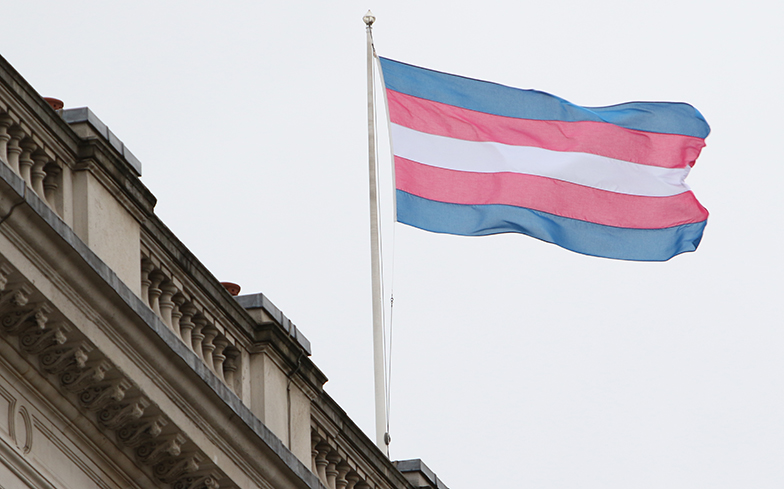
A bill banning transgender girls from participating in school sports and competitions struggled to gain traction.
Senate bill 29 was taken to the Texas House Public Education Committee on Tuesday (May 4), but failed to achieve enough votes to pass.
The Texas House Public Education Committee is made up of six Democrats and seven Republicans, however, the bill fell short of a single vote in a 6-5 outcome.
Bill 29 has fallen under heavy scrutiny and criticism from LGBTQ+ groups as it calls to prevent public school students from competing in athletic competitions “based on biological sex”.
Dutton, a Houston Democrat, told Hearst Newspapers that the bill would not pass a vote earlier last month.
“That bill is probably not going to make it out of committee,” Dutton said. “We just don’t have the votes for it … But I promised the author that I’d give him a hearing, and we did,” he said.
Rep. Cole Hefner, the author of bill 29, argued the proposed legislation was in defence of protecting women’s sporting rights.
“I believe this bill is critically important to protect fair play in women’s sports,” Hefner said.
Following the news of the vote, Democrat Rep. Mary González said legislators must ensure the bill doesn’t move forward.
“We don’t need this piece of legislation,” González said. “The consequences of the legislation could go literally off the rails, and that’s not going to be helpful to the House, to the future and most importantly to kids.”
Zeph Capo, president of the Texas American Federation of Teachers also spoke out against the bill, according to the Texas Tribune.
“We thank the members of the House Public Education Committee for their votes today against SB 29,” Capo said.
“We did the right thing today for all the children of Texas by standing up for trans kids.”
Democrat State Rep. James Talarico condemned the purpose of the bill. “There is no other purpose to this bill, than to hurt kids,” Talarico said, according to Houston Chronicle. “I didn’t come here to hurt kids.”
Senate bill 29 states that sporting participants must compete in teams based on their biological sex listed on their birth certificate. This specific outline of regulation directly targets trans youth that may have changed their gender or identify differently from what is stated on their certificate.



